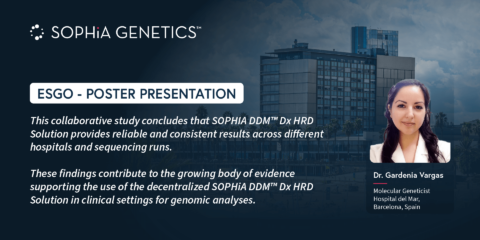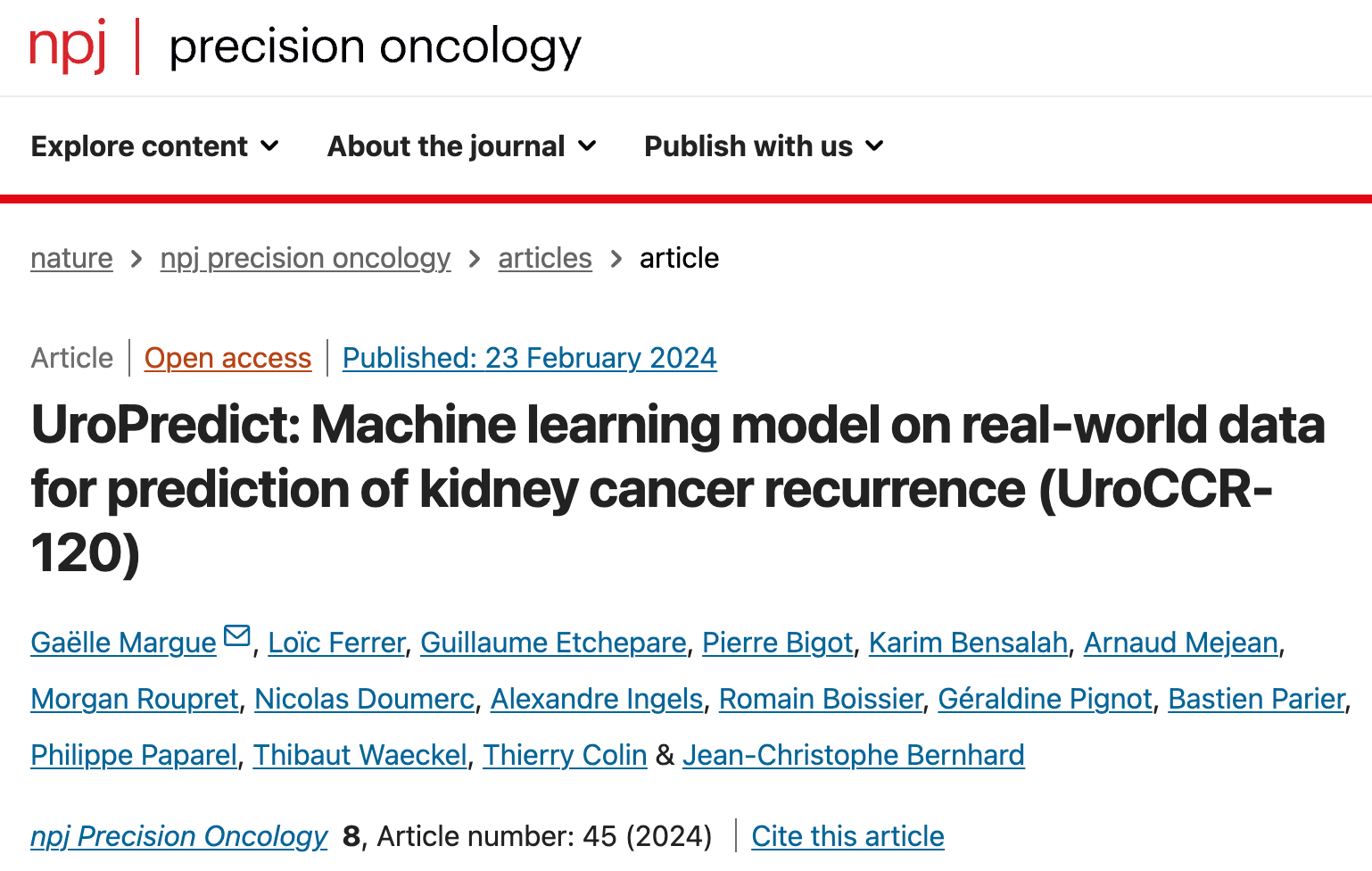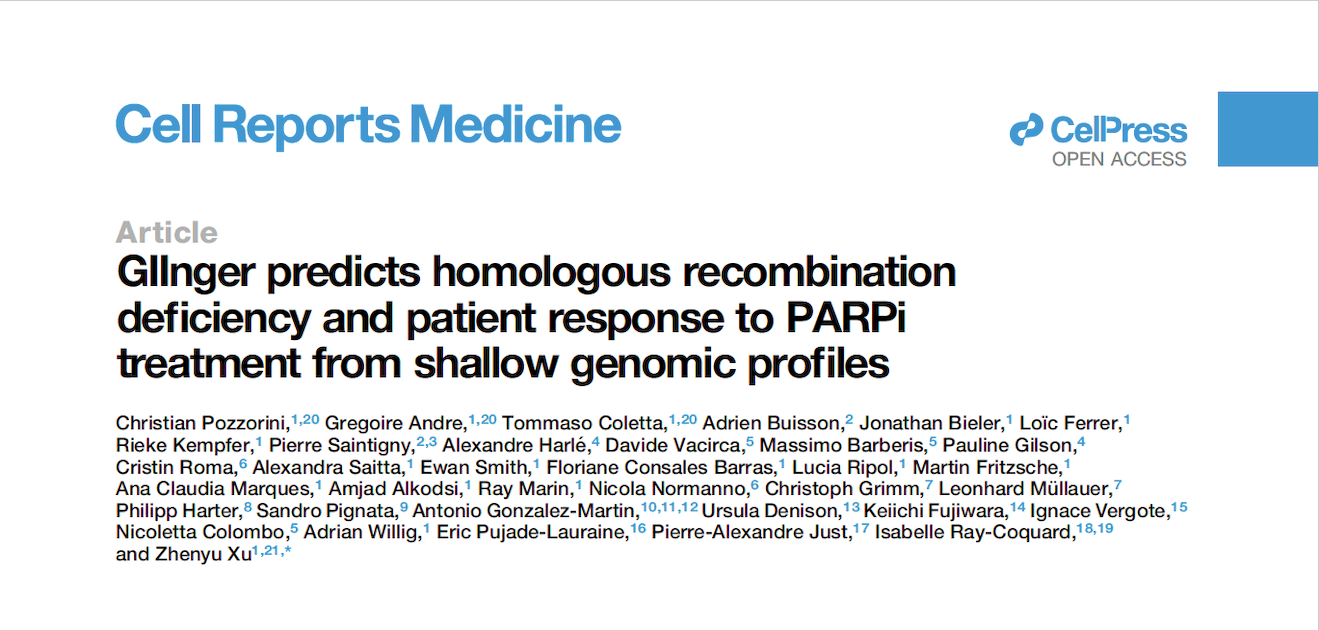The ESMO Precision Medicine Working Group (PMWG) first published its recommendations for when to use next-generation sequencing (NGS) in routine practice for patients with metastatic cancers in 20201. At that time, based on identification of recurrent genomic alterations in the eight most deadly cancers and their ranking on the ESMO Scale for Clinical Actionability of molecular Targets (ESCAT), NGS was recommended for advanced non-squamous non-small-cell lung cancer (NSCLC), prostate cancer, ovarian cancer and cholangiocarcinoma. It was additionally noted as an alternative to PCR for advanced colorectal cancers.
Advances in precision medicine during the past four years have resulted in revised ESCAT rankings for a number of biomarkers, leading the PMWG to reconfirm their previous recommendations and to expand the set of metastatic cancers recommended for NGS testing. The recommendations now include NGS testing for advanced breast cancer as well as the following advanced rare cancers: gastrointestinal stromal tumor, soft-tissue sarcomas, thyroid cancer2.
Due to the potential of NGS to help identify the primary tumor, plus its positive impact on patient outcomes, the PMWG additionally recommends that NGS testing be performed for cancers of unknown primary.
In countries where targeted therapies are accessible, recommendations for NGS testing now further extend to detection of the following tumor-agnostic biomarkers:
- NTRK1,2,3 fusions
- RET fusions
- FGFR1/2/3 fusions and mutations
- BRAF V600E mutations
- MSI-H (microsatellite instability-high)
- TMB-H (tumor mutational burden-high).
The PMWG stresses the importance of carrying out NGS testing in clinical research centers as well as ensuring that the selected test includes the actionable biomarkers of interest. They specifically flag the importance of assessing the chosen assay for its ability to detect fusions and homologous recombination deficiency (HRD), when relevant, as not all assays have these capabilities. The PMWG also highlight the assay’s ability to identify clonal hematopoiesis (CH) as an important consideration. High-risk CH can be found in patients with solid tumors, especially when plasma cell-free DNA sequencing is performed. To be considered as CH of indeterminate potential (CHIP), the somatic variants of haematological malignancy-associated genes should be with a variant allele fraction (VAF) of ≥2%.
See the full set of guidelines here: ESMO Recommendations for the use of NGS for patients with advance cancer.
Our SOPHiA DDM™ applications support the guideline-recommended use of NGS
At SOPHiA GENETICS, we offer solutions that cover the major biomarkers highlighted in the ESMO recommendations, including the key fusions noted above. Moreover, the PMWG recognizes SOPHiA DDM™ Dx HRD Solution as one of only a few methods validated for HRD detection in advanced ovarian cancer.
Additionally, we offer liquid biopsy and solid tumor applications that leverage a matched tumor-normal sequencing approach to identify CHIP and germline variants, revealing genomic alterations of true somatic origin. Recent ESMO guidelines on reporting genomic test results for solid cancers recommend that, when feasible and with proper consent, the NGS report should specify whether alterations are of germline versus somatic origin3. With matched tumor-normal sequencing, the germline origin of any variant can be determined with certainty3.
Read our flyer for further information on how SOPHiA DDM™ for Solid Tumors advances clinical research by aligning with guideline recommendations: View the flyer
References
- Mosele F, et al. Annal Oncol. 2020 31(11):1491-1505.
- Mosele F, et al. Annal Oncol. 2024 S0923-7534(24)00111-X.
- van de Haar J, et al. Annal Oncol. 2024 doi.org/10.1016/j.annonc.2024.06.018.












